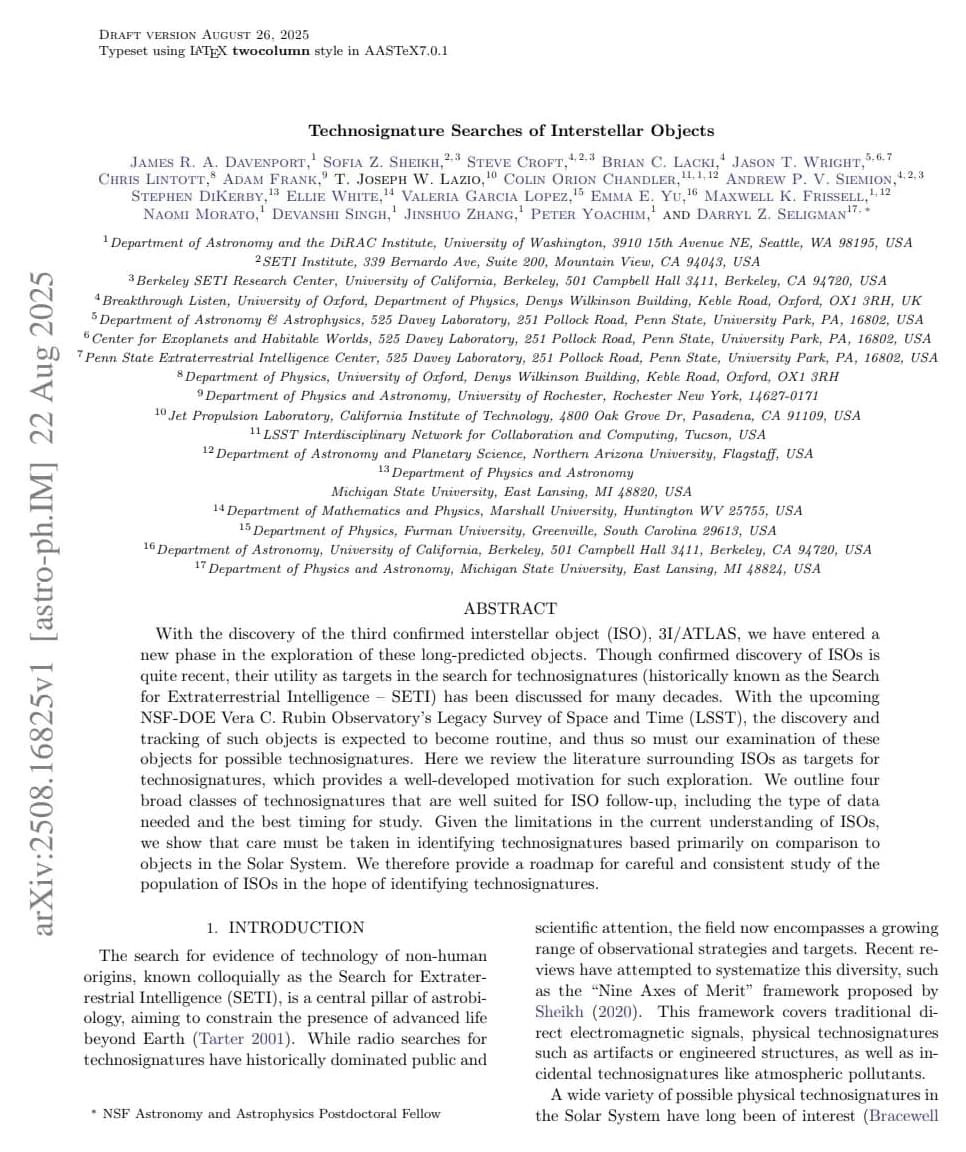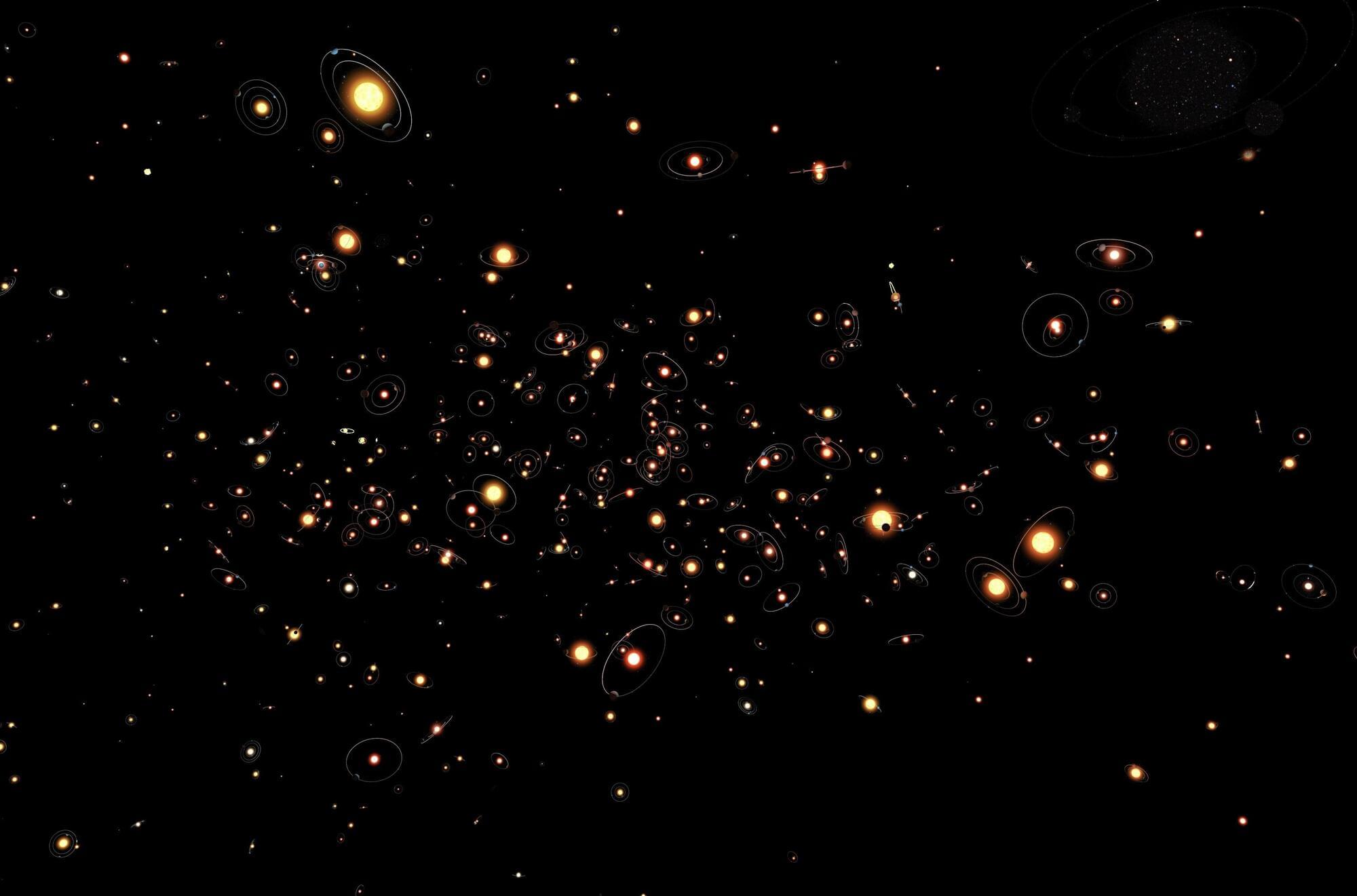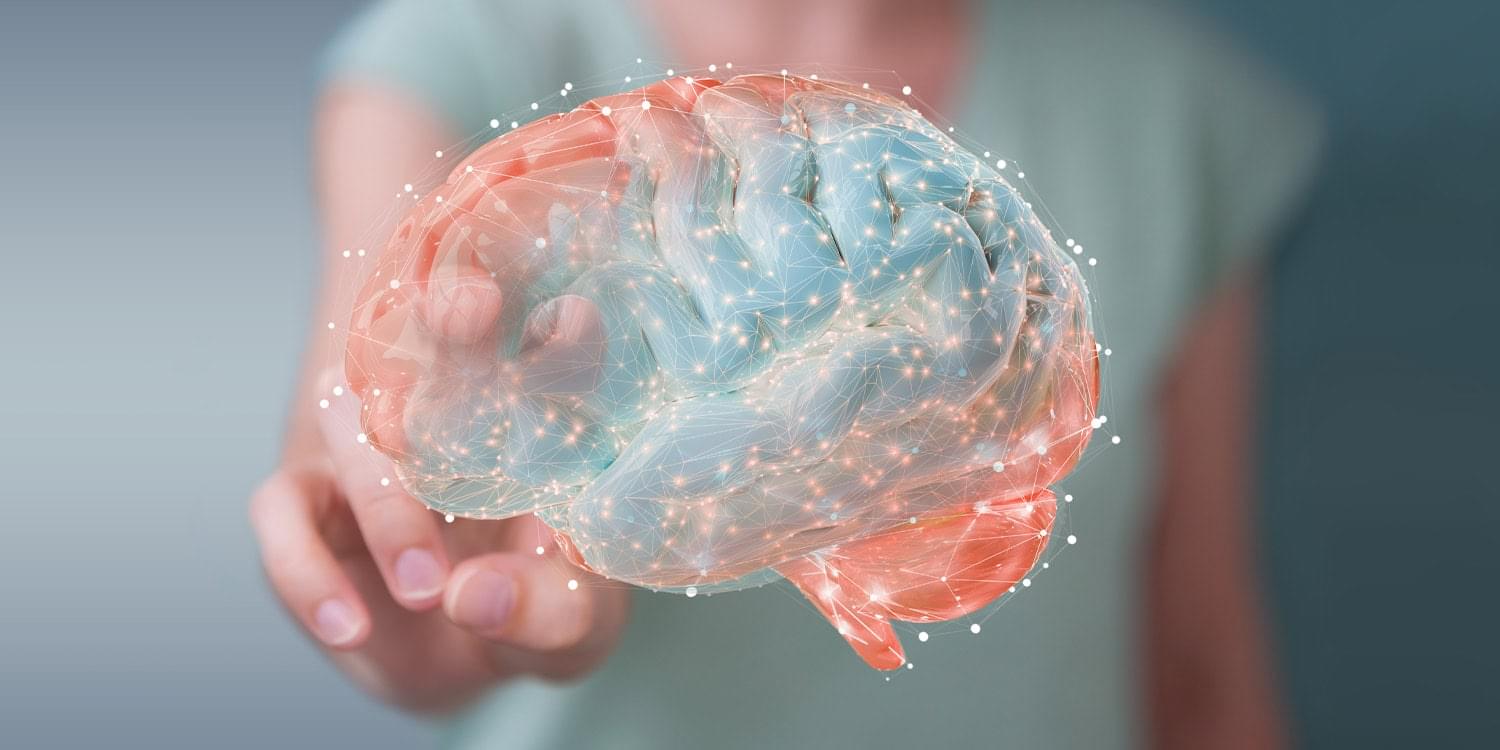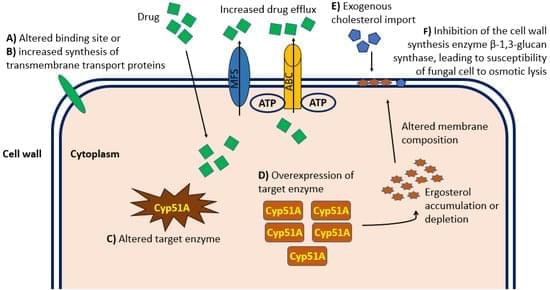The final section of what scientists and engineers say will be the largest and most powerful pulsed, superconducting magnet in the world has been completed at the Poway campus of San Diego-based General Atomics.
The 270,000-pound module is poised for shipment to France, where it will join six other identical sections at the ITER project—an ambitious international effort aimed at determining whether the so-far-untapped potential of nuclear fusion as an energy source can be practical or not.
“This is a momentous achievement,” General Atomics Chief Executive Officer Neal Blue said Thursday during a news conference at the company’s Magnet Technologies Center in Poway.









